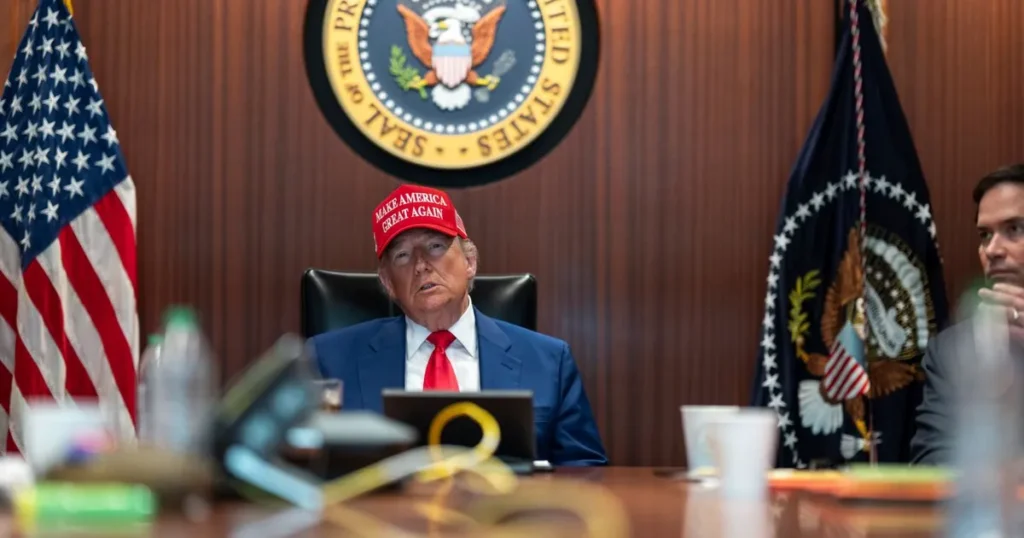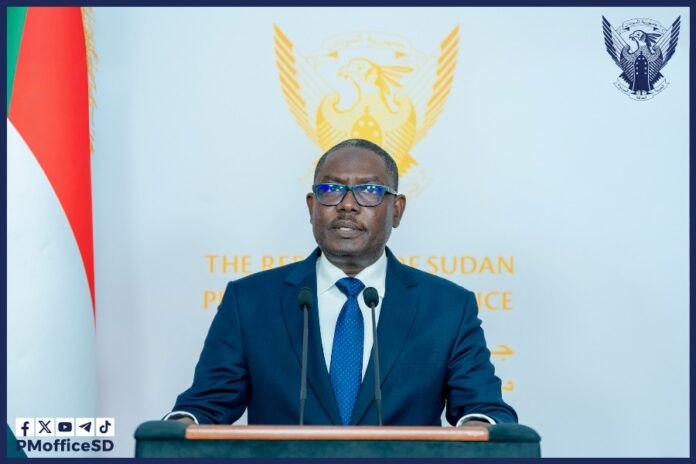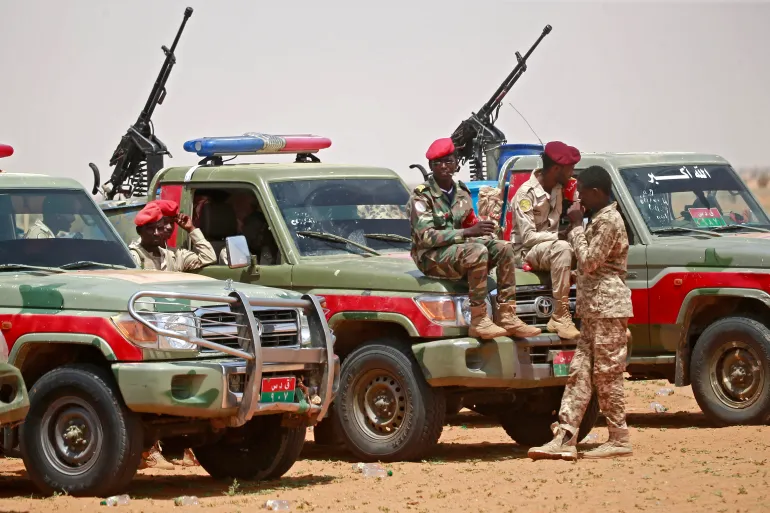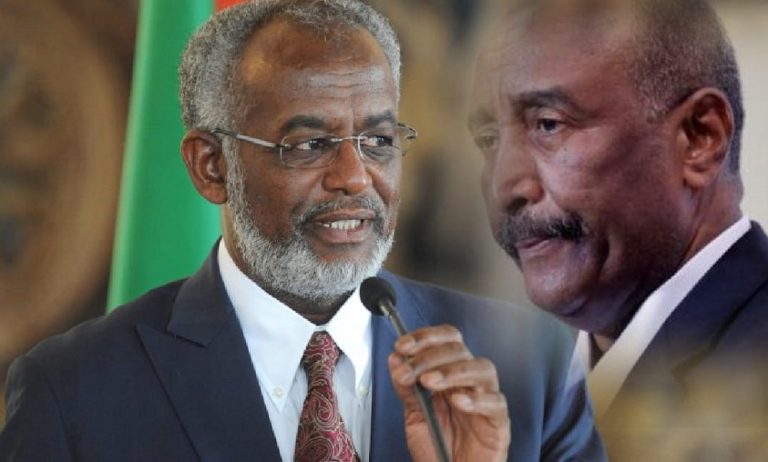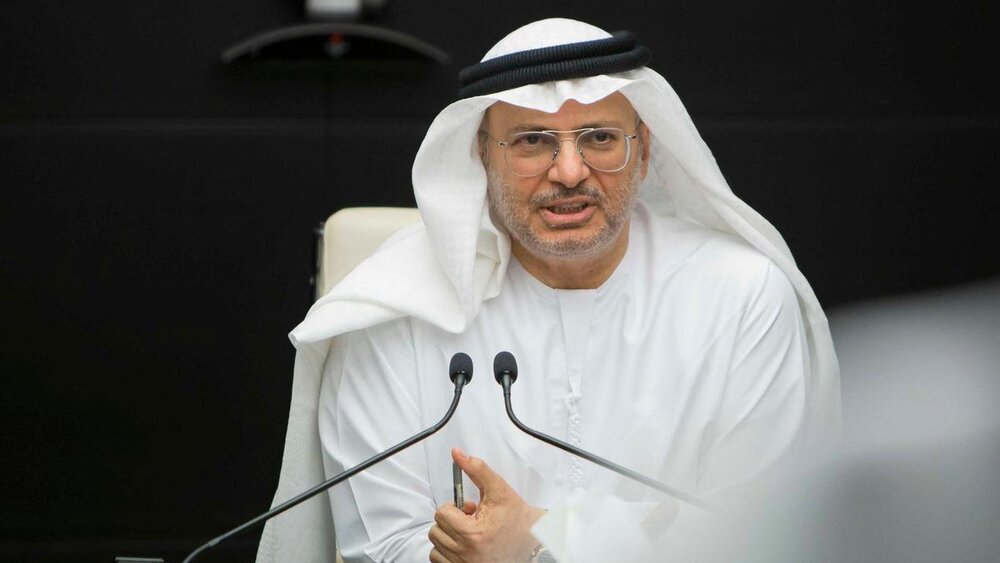
The United Arab Emirates on Friday urged an immediate end to Sudan’s 15‑month civil war and the formation of an independent civilian‑led government, hours before U.S.‑brokered consultations on the conflict convene in Washington.
Anwar Gargash, diplomatic adviser to UAE President Sheikh Mohamed bin Zayed Al Nahyan, said on the social‑media platform X that Abu Dhabi’s message “may have been misunderstood or unheard,” but was unequivocal: “Stop the war now.” He added that Sudan’s future “must rest on a civilian government that meets the people’s aspirations for stability and development.”
The statement reinforces earlier posts in which Gargash welcomed U.S. sanctions on General al-Burhan’s army (SAF) over alleged chemical‑weapons use, calling the measures a reminder that “there is no solution except an immediate cessation of war and a political path to an independent civilian government.”
Diplomats say the UAE has worked quietly with regional and international partners since fighting erupted in April 2023 between General al-Burhan’s forces (SAF) and the Rapid Support Forces (RSF). Abu Dhabi has backed relief operations and joined mediation efforts led by the United States, Saudi Arabia and the African Union.
The new push comes as U.S. envoy Tom Perriello hosts Sudanese stakeholders in Washington on Saturday in a bid to revive ceasefire talks stalled since May. Gulf officials familiar with the agenda said the UAE would “present practical confidence‑building measures” focused on ending aerial bombardments in Omdurman and opening corridors for humanitarian aid into Darfur.
Human‑rights groups welcomed the UAE’s call but urged concrete steps. “Statements are important, but leverage counts more,” said Hala al‑Karib of the Strategic Initiative for Women in the Horn of Africa, noting the Gulf state’s ties to Sudan’s warring factions.
Gargash said Abu Dhabi would continue large‑scale food and medical assistance and press both sides to halt hostilities. “Sudan’s stability is integral to regional stability,” he wrote, adding that diplomacy—not military escalation—remains the only viable path to peace.

